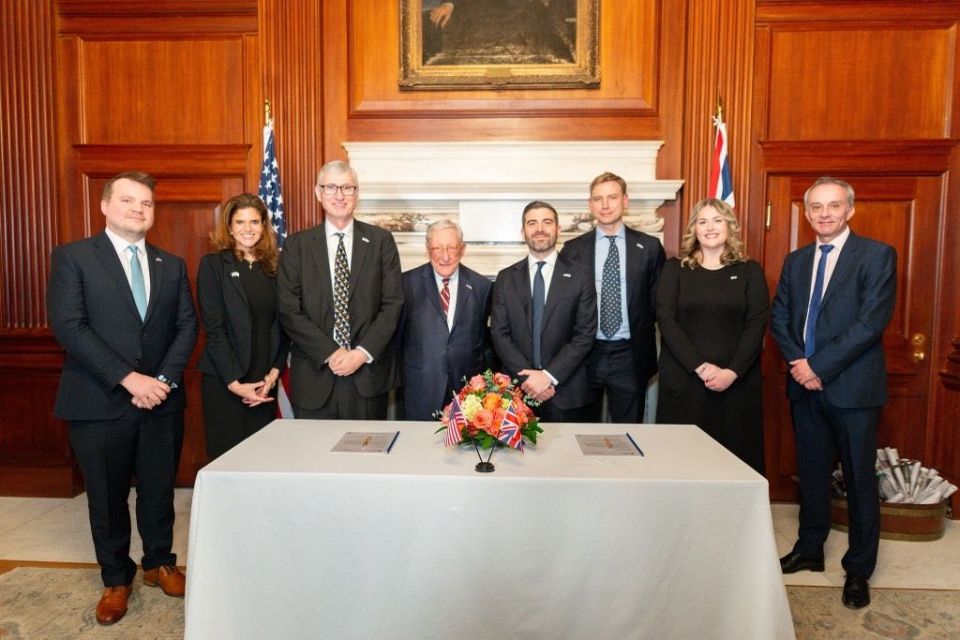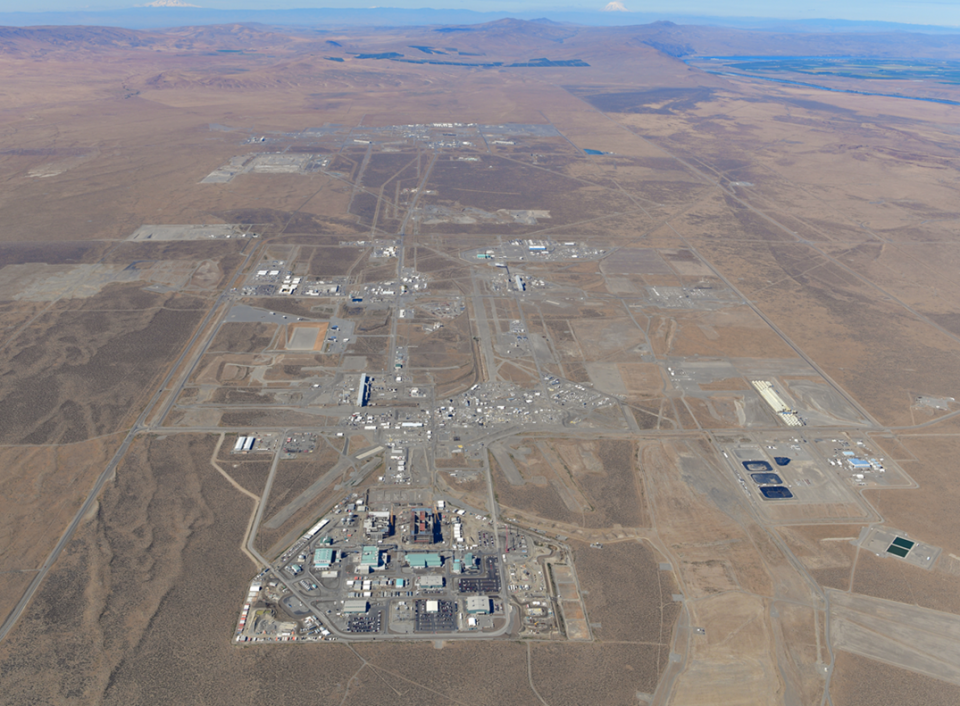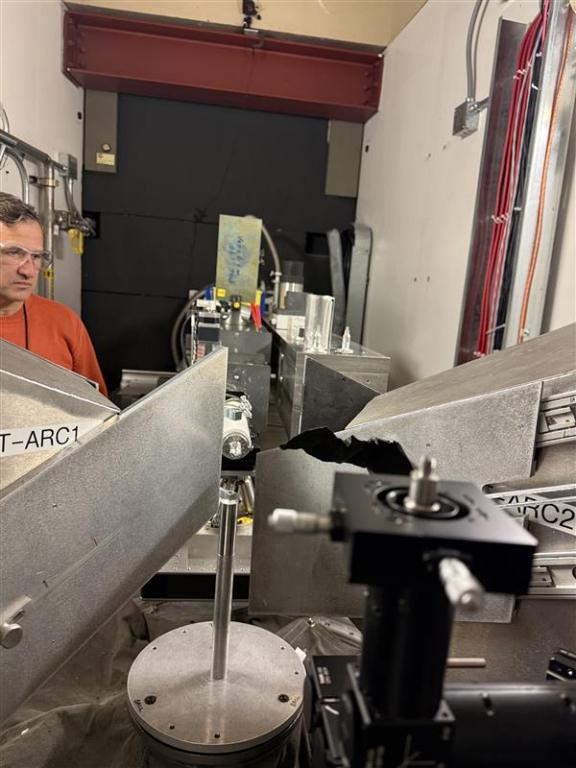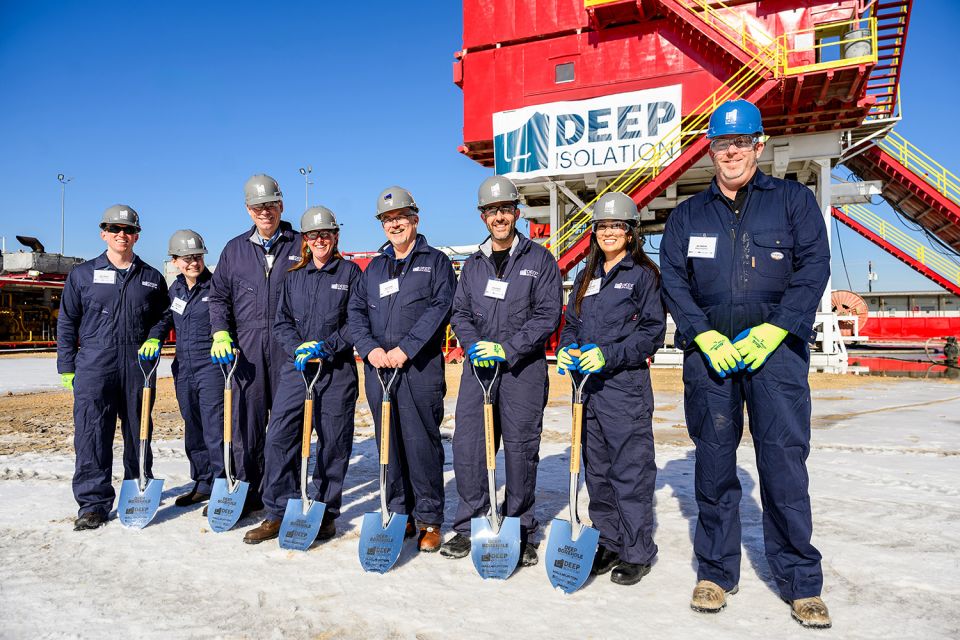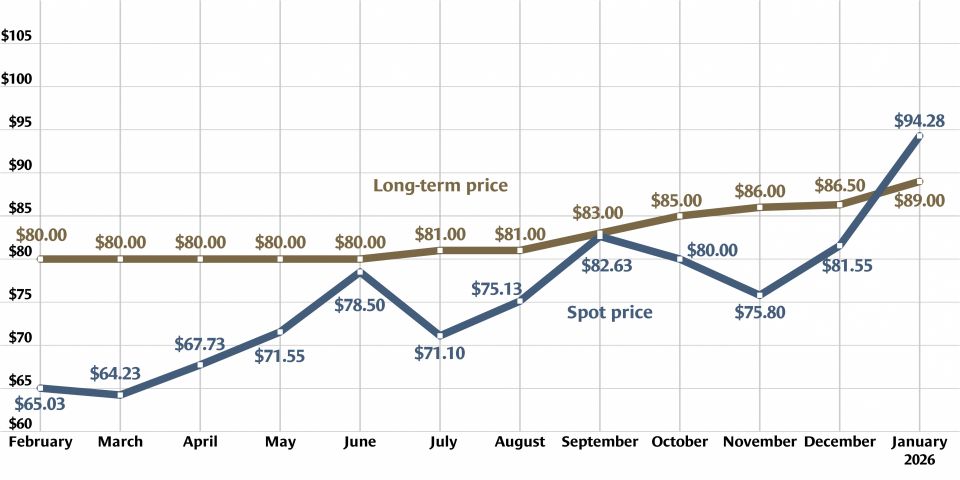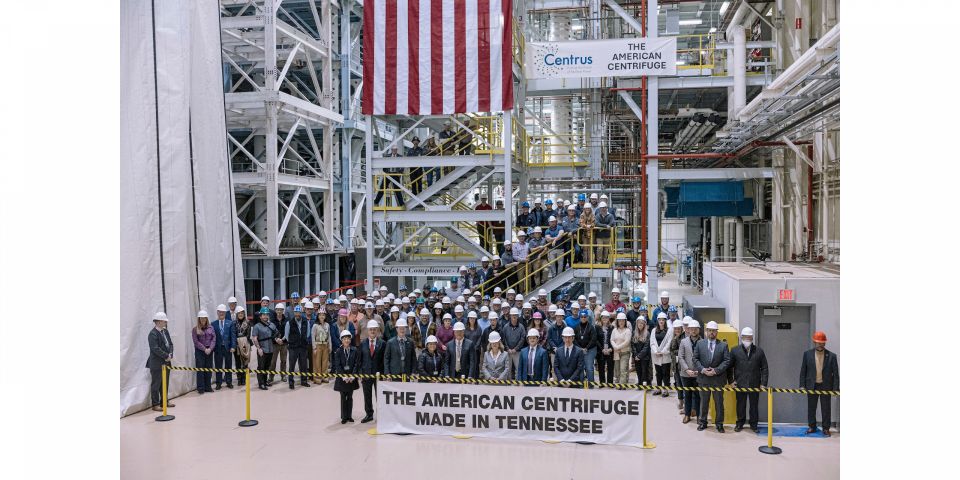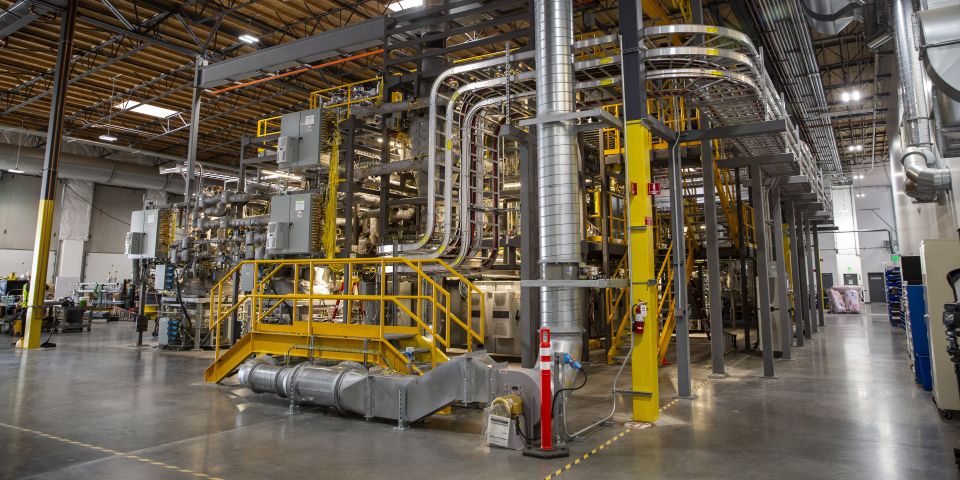DOE rolls out simplified HALEU enrichment RFP, opens door to LEU from allies
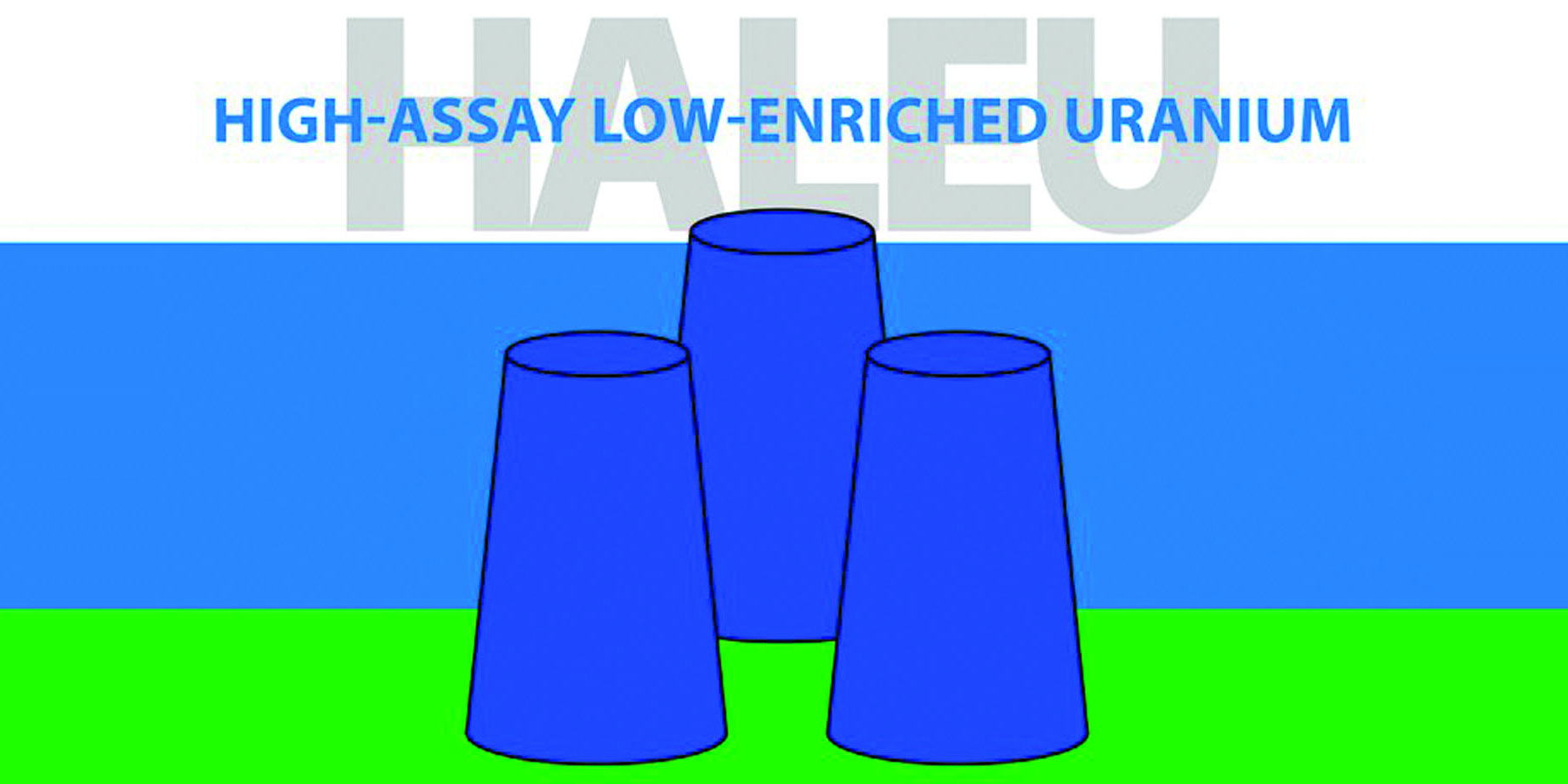
The Department of Energy issued a final request for proposals (RFP) on January 9 for uranium enrichment services to help establish a commercial domestic supply of high-assay low-enriched uranium (HALEU) to fuel a potential fleet of advanced reactors. Without HALEU, advanced reactors will not be able to proceed past the demonstration stage. And given the investments of capital and time required to license and build a nuclear power plant—even a smaller, more efficient advanced reactor—eliminating fuel uncertainty could be what a utility needs to invest in new construction.

-3 2x1.jpg)
